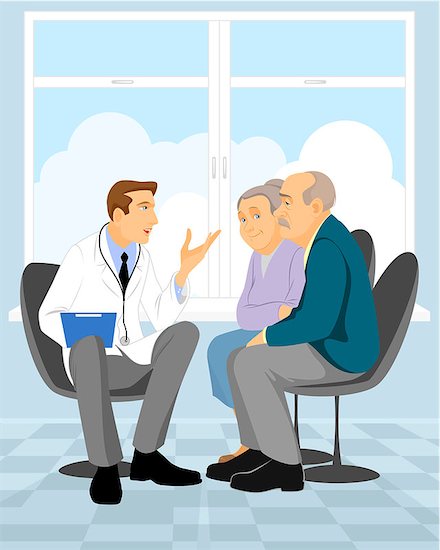Age Affects HIV Treatments in Individuals
HIV affects many people in the United States, and finding the right HIV treatments is difficult. A new article, published in the Journal of the American Geriatrics Society, suggests that age affects treatment for elderly patients. New age-specific strategies need to be developed to combat the virus.
Age and HIV
Unfortunately, a certain percentage of young people in America have contracted HIV. According to the CDC, in 2012, around 44% of young people around the age of 18 to 24 years old were living with HIV they did not know they had. Even more frightening is the fact that by 2014, young people around the age of 13 to 24 years old made up more than 1 in 5 new HIV diagnosis.
Meanwhile, the elderly are at risk too. Older adults aged 55 and older, account for at least 26% of the estimated 1.2 million people living with HIV. This group, in particular, is at a greater risk. They have the same risk factors as younger people, but they are less aware of what can cause HIV.
Developing Age-Specific HIV Treatments
Since many older adults are less aware of HIV risk factors, they have an increased risk for late or missed diagnosis. Even worse, they are more susceptible to disease, meaning drugs carry more side effects for them. Researchers began investigating based on the need for elderly patients to receive proper HIV treatments.
“Our article highlights the need for more research on screening, evaluation, and treatment in older adults infected with HIV. As the number of older people living with HIV grows, we need scientifically sound data to help prepare our clinicians and healthcare systems for the unique needs and expectations of this group,” said Dr. Aroonsiri Sangarlangkarn, co-author of the Journal of the American Geriatrics Society article.
Hopefully, physicians will see this research as a means to find better HIV treatments for older adults. Using the right tools can help with diagnosing these patients and helping them live with the disease.

